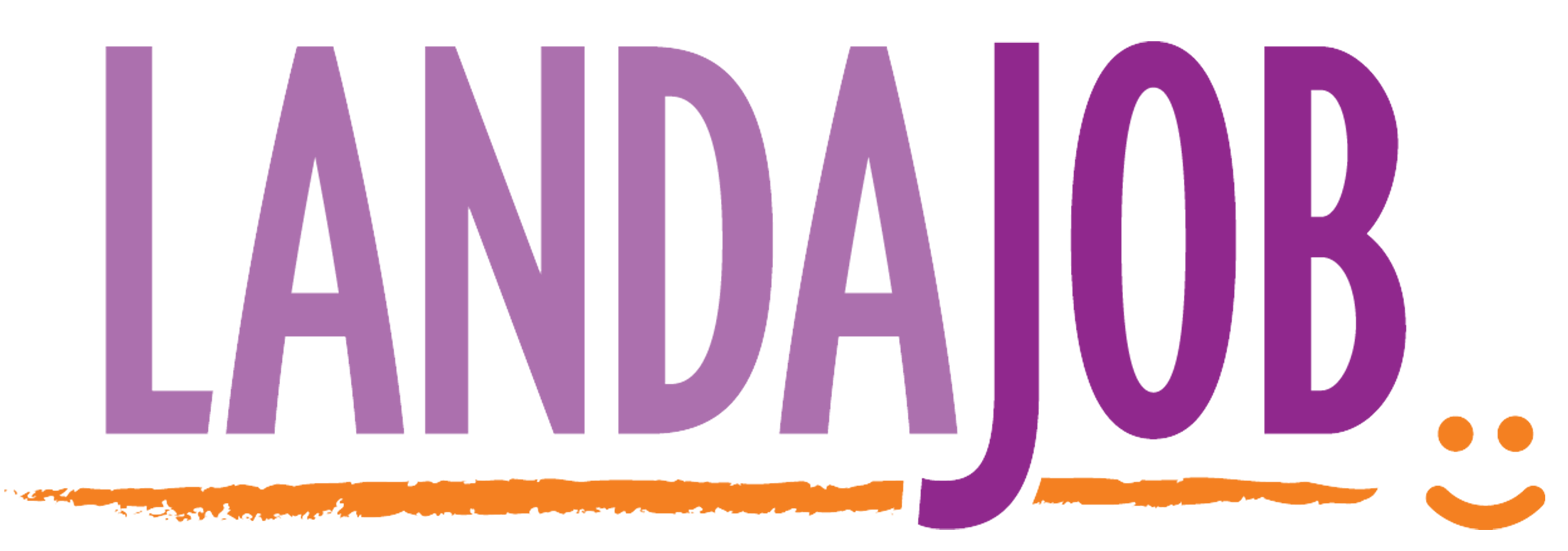How is Artificial Intelligence Affecting the Hiring process
How you ever asked Alexis to play a certain song? Or asked Siri for directions? Then you’ve interacted with a form of artificial intelligence (AI).
AI is different from automated response programs, for example, you call the gas company and the machine is pre-programmed for a specific response based on your input.
Siri and Alexis are designed to learn from your requests and responses, and as a result they learn to predict your behavior. These programs are the simplest form of artificial intelligence and seem harmless, right? Maybe, maybe not.
But our question is how is AI affecting the hiring process? The short answer is many, many ways. I’ll go through some basics here without going into too much detail (a challenge I am spectacularly unqualified to do).
AI can speed up the hiring process by culling out unqualified candidates, and narrowing down your hiring managers’ focus to just a few (hopefully) perfect candidates.
Electronic resumes can be scanned for key words, specific experience, educational requirements, gaps in employment, or a myriad of other pre-qualifiers that can eliminate a large number of resumes.
But (and here’s where it gets technical and way past my brain power) AI can be programmed to look for specific characteristics and behavioral traits. It can be trained to “read between the lines” so to speak.
And don’t get me started on AI video screening. AI can read micro-facial expressions, analyze word usage, and perform other tasks that humans can totally miss.
AI is not biased in terms of race, gender, religious affiliation (or lack thereof), age, or sexual orientation, unless it’s programmed to be. Humans may say we are and may truly believe we are, but our bias will come out and play when we’re least expecting it.
AI is completely and totally accurate. It cannot be otherwise.
So AI may be able to help hiring managers find more qualified candidates, much quicker, maybe even candidates they had no idea were out there.
AI can search social media to screen existing candidates, or identify candidates who don’t know they’re candidates. AI can analyze social media posts to look for tendencies towards both good characteristics and bad. It can be programmed to eliminate people who show a tendency towards violence or hatred, and it can be programmed to find people who tend to stay in their jobs for a long time, who show leadership characteristics or who regularly do volunteer work.
How much time would it take you to look through every LinkedIn, Facebook or Twitter post out there, say in your geographic area, to find potential people for a job? The time it would take makes it virtually impossible. Not so with AI.
This also means you may miss out on people who don’t do social media (and yes there are some of us out there). And AI can’t predict a person’s actual behavior, it can just tell you that there’s a strong tendency towards a behavior based on social media posts. You might miss out on somebody who’s a really good candidate but doesn’t believe in sharing everything with the internet!
Regardless, AI is here to stay and is growing stronger and more powerful every day. In many ways, this is an invaluable asset for everyone, not just hiring managers and company owners. But there are those naysayers out there who believe in what I’m personally calling the “terminator” consequence. And before you laugh out loud, Elon Musk is one of those people.
So will artificial intelligence ever become too powerful? I can’t answer that. But today, it’s an amazing time and work saver. And, we’re getting accustomed to it infiltrating every part of our lives. So use it for good people! And may the force be with us…

